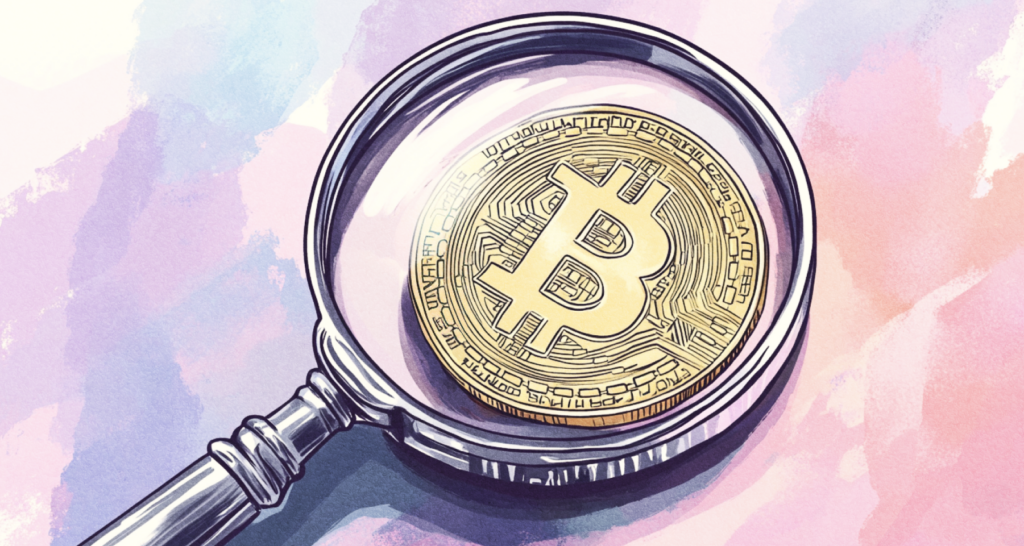FTX Preferred Shares Attract Risk-Takers Amid Bankruptcy

A handful of bold investors are seeking to acquire preferred shares of the defunct crypto exchange FTX, drawn by the rising value of assets held for compensation despite almost nonexistent prospects for payouts. Preferred creditors rank at the very bottom of the payout hierarchy in bankruptcy proceedings.
On this page
A handful of bold investors are seeking to acquire preferred shares of the defunct crypto exchange FTX, drawn by the rising value of assets held for compensation despite almost nonexistent prospects for payouts. Preferred creditors rank at the very bottom of the payout hierarchy in bankruptcy proceedings.
These investors are gambling on the possibility of profit, anticipating further funds that might be discovered by FTX's current management. Their gamble is partly inspired by the passive increase in the value of cryptocurrencies such as Bitcoin, Ethereum, and Solana, which are included in the compensation fund.
Additionally, the value of claims against FTX has surged to 90 cents on the dollar, indicating a high level of investor confidence in the full restitution of assets to creditors. Nonetheless, FTX's current administration and the U.S. bankruptcy special representative have refrained from commenting on this situation.
John Reed Stark, a former SEC official, previously labeled the efforts to restart the FTX platform by its management and legal teams as a pure scam, claiming it was an unrealistic goal that nonetheless resulted in legal fees amounting to an estimated $250 million.
The content on The Coinomist is for informational purposes only and should not be interpreted as financial advice. While we strive to provide accurate and up-to-date information, we do not guarantee the accuracy, completeness, or reliability of any content. Neither we accept liability for any errors or omissions in the information provided or for any financial losses incurred as a result of relying on this information. Actions based on this content are at your own risk. Always do your own research and consult a professional. See our Terms, Privacy Policy, and Disclaimers for more details.


























